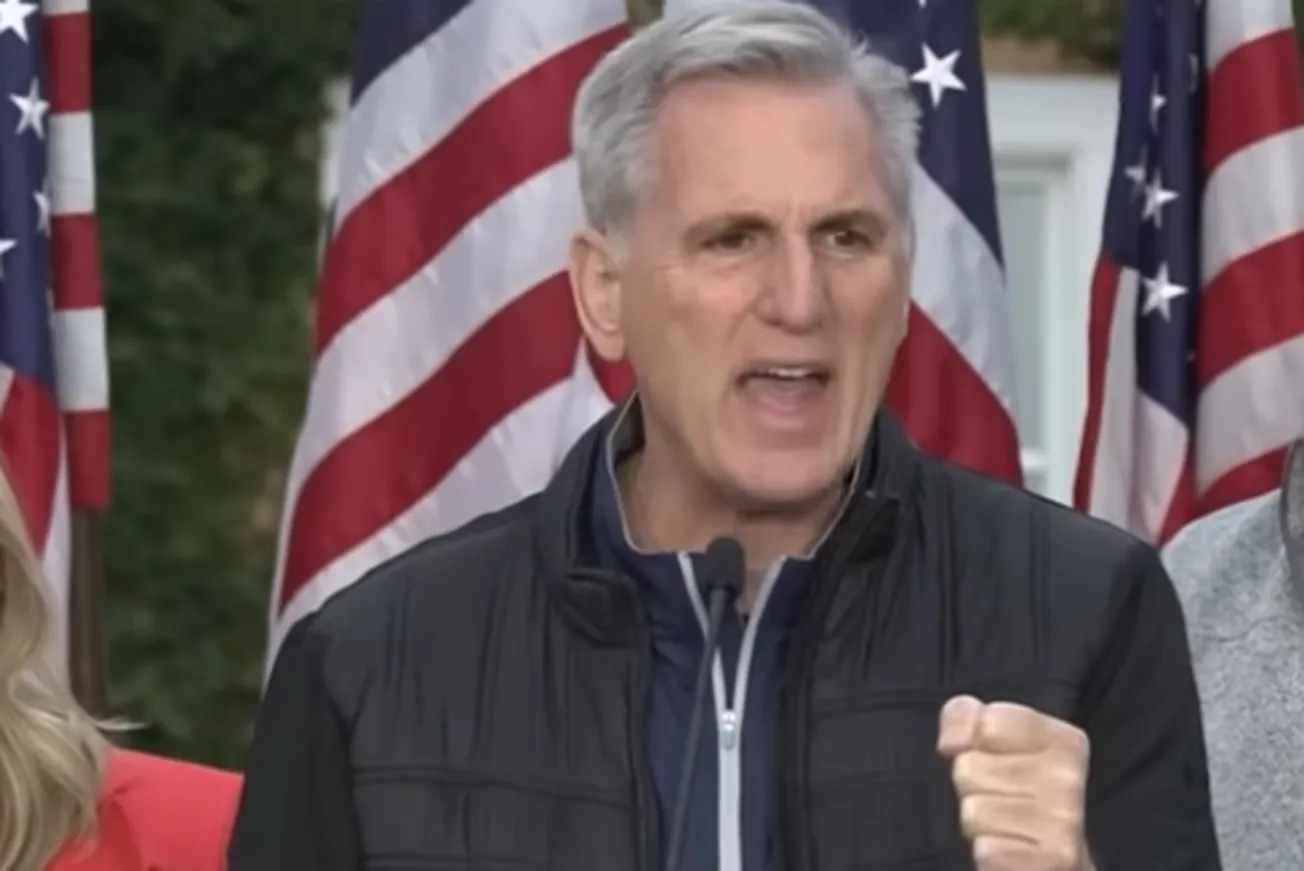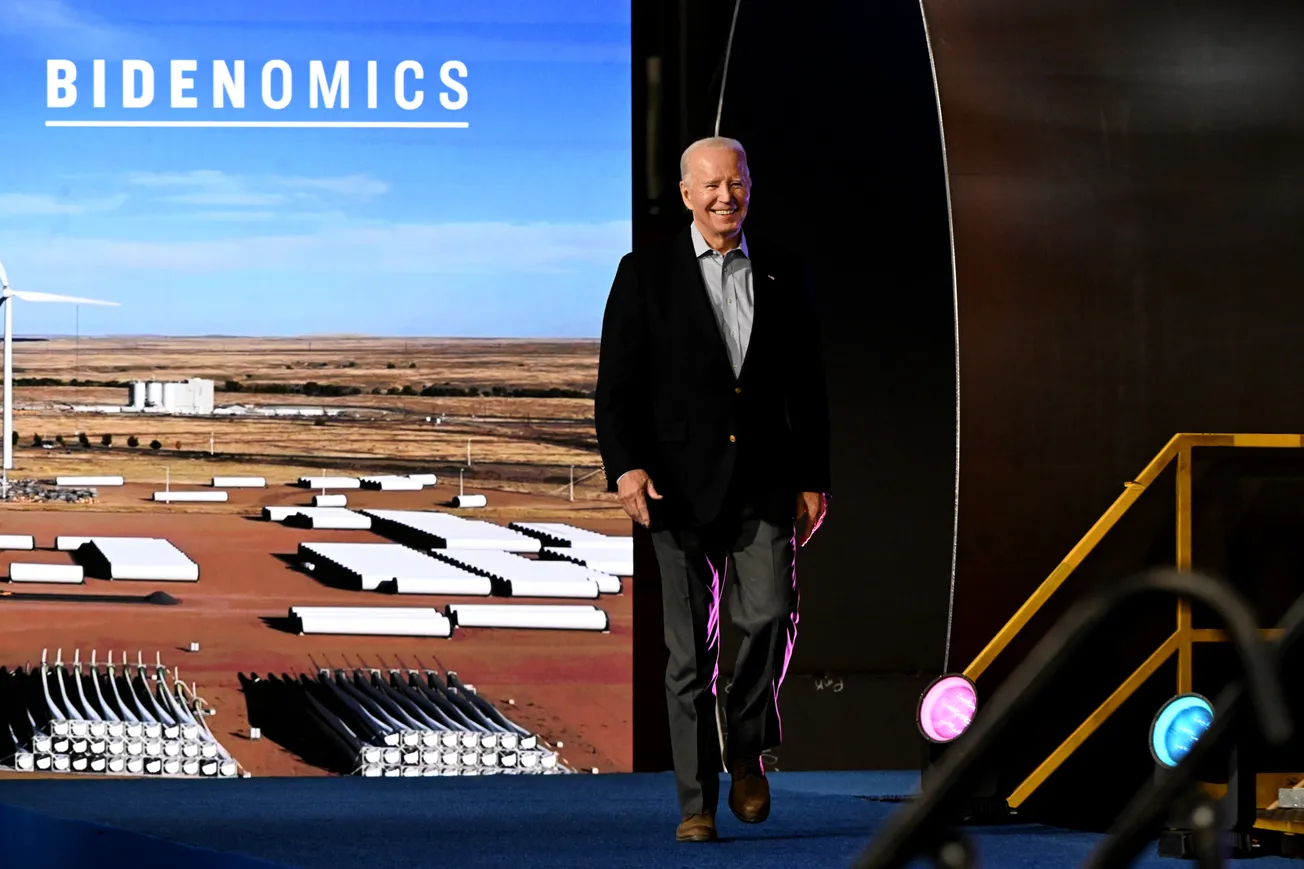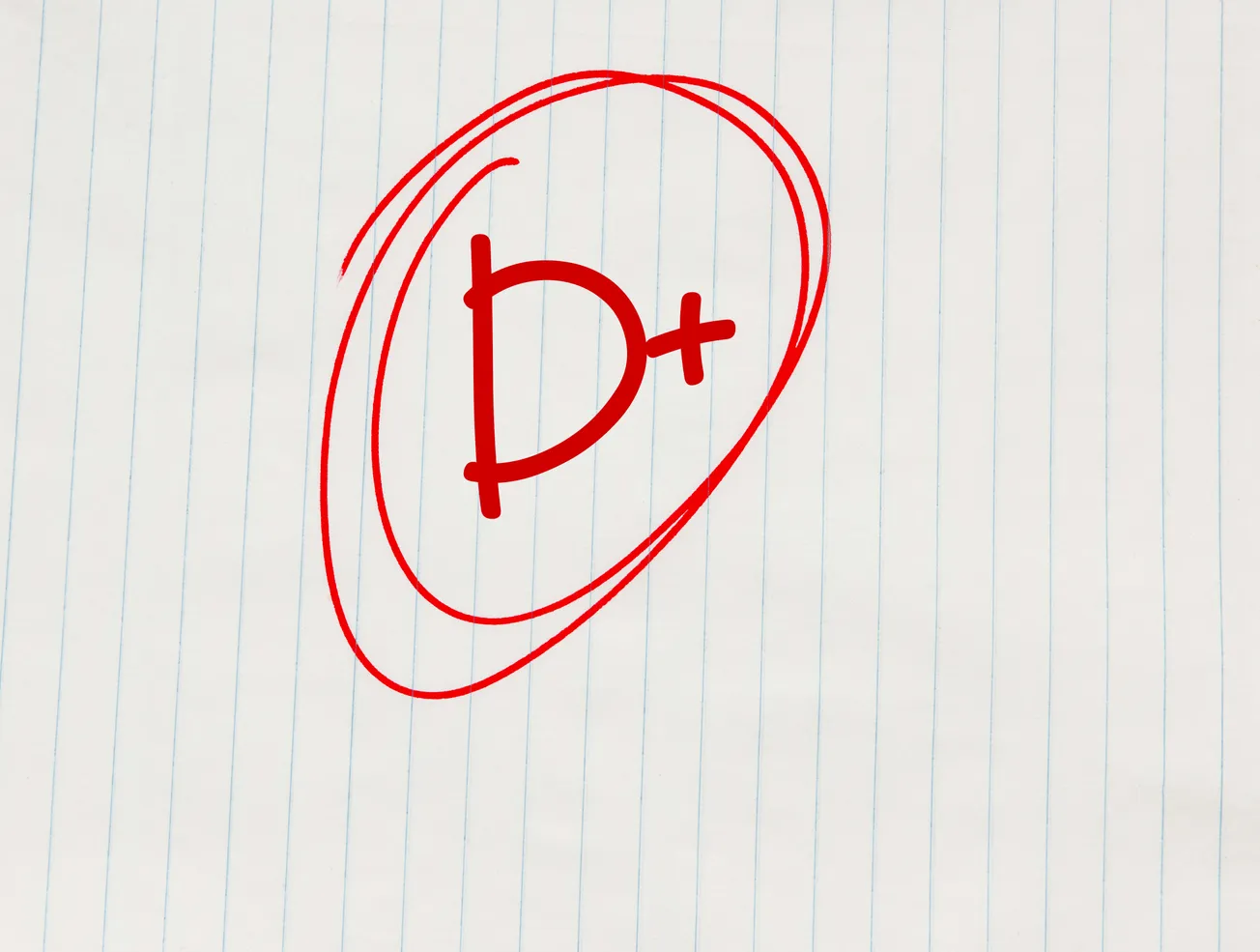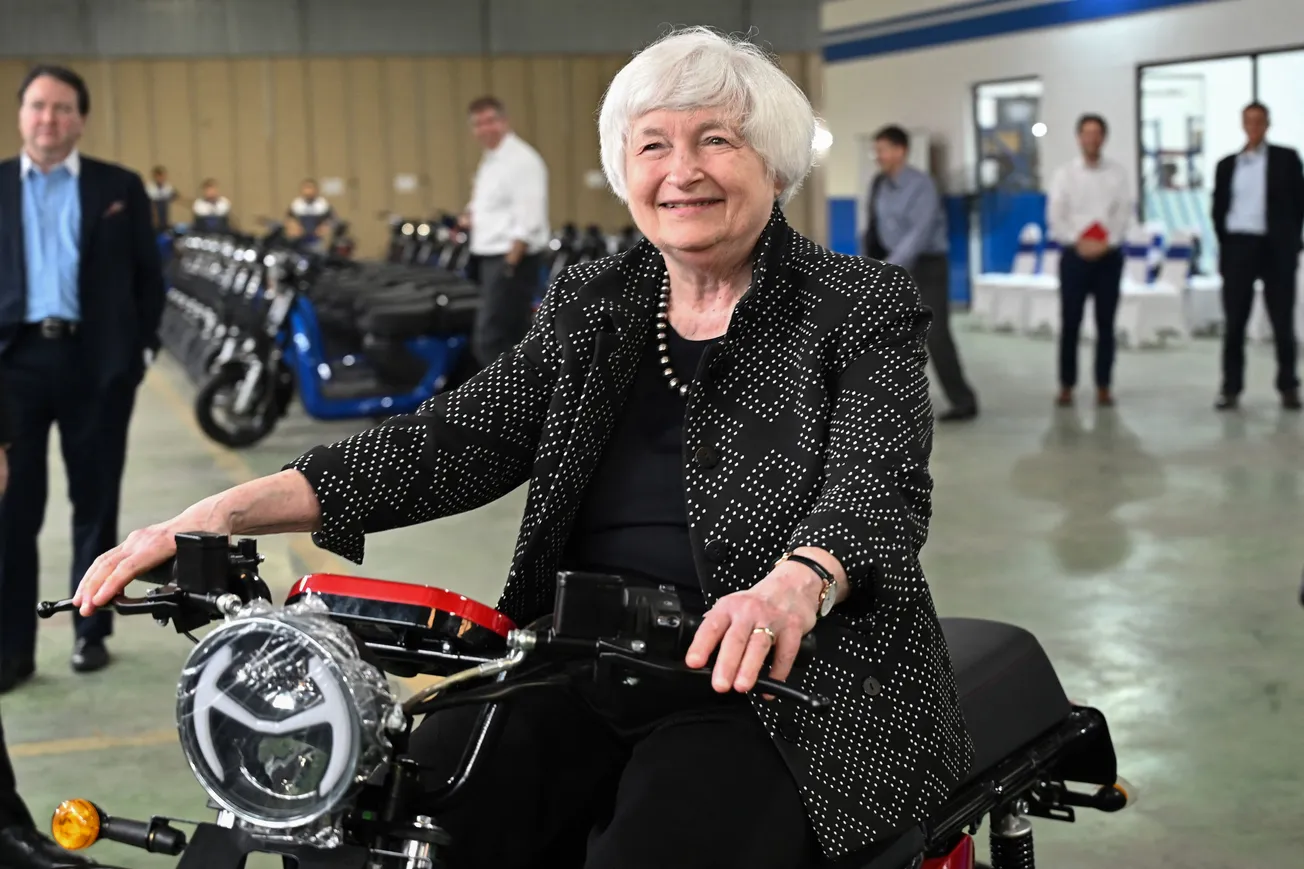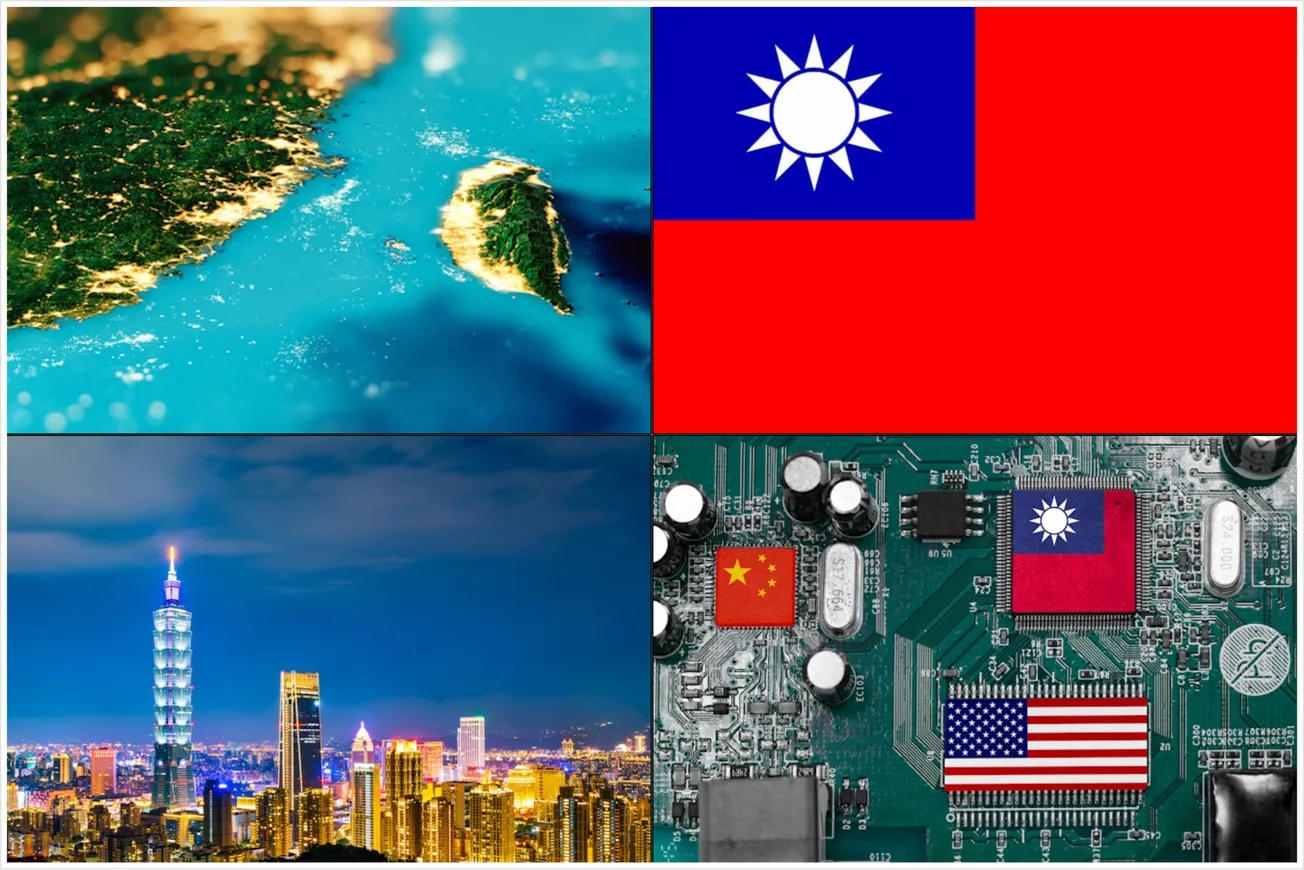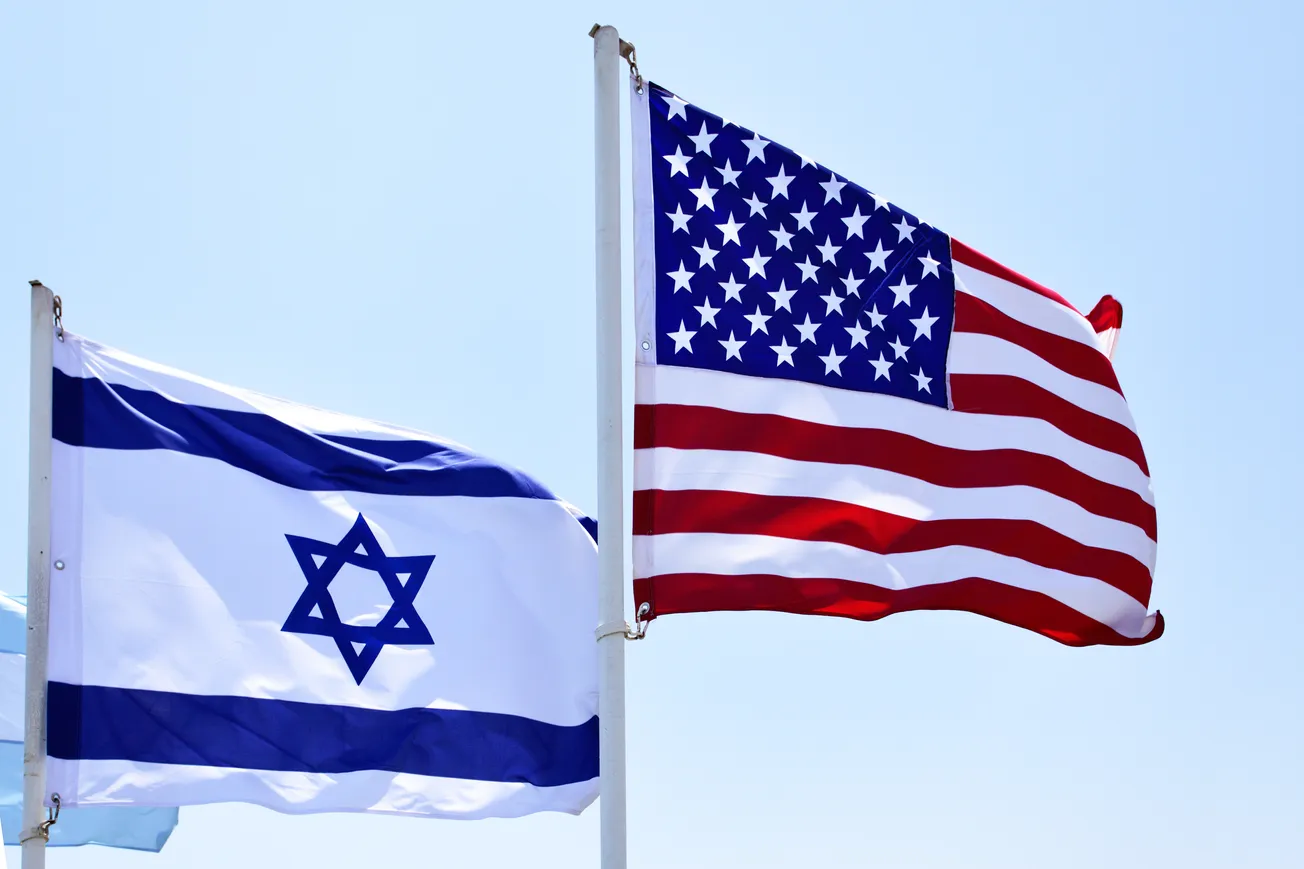Speaker Kevin McCarthy's office confirmed that he plans to meet with Taiwan President Tsai Ing-wen on Wednesday, the 5th of May (or today).
We were critical when former Speaker Nancy Pelosi landed in Taipei last fall in a needless public show of solidarity with Taiwan. It is not that we support China's view here. But why saber-rattle a superpower with the world's largest standing army when a similar move in November 2021 - recall that the Biden administration signed a needless security pact with Ukraine - triggered Russia's actions in Ukraine, bringing the world closer to World War III? Diplomacy doesn't have to play for TV cameras and Twitterati.
As one of the largest producers of electronics and chips, Taiwan is a crucial American trading partner. Taiwan is a group of self-administered islands in the Southeast China Sea, home to 23 million people, about 100 miles southeast of mainland China. It is about as close to China in identity as China itself. Taiwan's official UN name is the Republic of China (China's official name is the People's Republic of China).
Their history is complex. China's last dynasty was the Qing (1644–1912). In 1912, Sun Yat-sen, the founder of the Xinhai Revolution and the Kuomintang (KMT) party, helped end 5,000 years of Chinese monarchy rule by forming the Republic of China with its capital in Canton (now Guangzhou). Elections were held in 1912, and KMT won them handily. In 1921, KMT formed a government with the support of the then-small Communist Party of China (CPC), but in 1927, KMT's new leader began an oppressive policy to start killing members of the CPC, mainly in Shanghai. He also moved the capital to Nanjing.
For the next twenty years, the KMT and CPC fought a bloody civil war which finally ended in 1946 when the CPC won and established the People's Republic of China with Peking (now Beijing) as its capital. The displaced KMT moved its capital to Taipei, across the Taiwan Strait, and established an independent region called the Republic of China.
As the PRC slowly became the world's face as the land of the Chinese people, the Taiwanese reveled in their independent status. The PRC insisted that there was only one sovereign Chinese state, emphasizing its so-called One China policy. The UN agreed, and in 1971, Taiwan lost its seat in the international organization to be replaced by Beijing's PRC.
But Taiwan has continued to thrive as an independent region, with its own government, free elections, and a wealthy economy, with a per capita GDP of nearly $31,000, thrice that of China's. Taiwan has its own Central Bank. The currency is the New Taiwan Dollar, which is different from the Chinese Yuan.
America, always trying to manage the balance of power in the world's regions, has drawn a fine line between supporting the One China policy and Taiwan. The U.S. State Department website states: Consistent with the Taiwan Relations Act, the United States makes available defense articles and services as necessary to enable Taiwan to maintain a sufficient self-defense capability -– and maintains our capacity to resist any resort to force or other forms of coercion that would jeopardize the security, or the social or economic system, of Taiwan. America has sold over $25 billion in arms to Taiwan since 2007.
The United States maintains a de-facto embassy in Taipei but doesn't call it that. Taiwanese citizens get easy electronic visa approvals to visit America, and Americans get visa-free 90-day privileges to visit Taiwan.
In attempting to set the stage for a tough China policy, President-elect Trump called Tsai Ing-wen in December 2016, the first time such a high level of diplomatic communication had happened since 1979. The two leaders spoke for 10 minutes, focusing on politics, the economy, and security in the Asia-Pacific. That phone call upped America's ante against China, and tensions with China remained high throughout Trump's four years in office – including on trade and security issues.
But ‘high’ is a relative term. Most Americans will gladly want to return to those Trump years when the only conflicts were around tariffs and cybersecurity. The world is a much different and dangerous place today, thanks, in part, to the short-sightedness of the Democrats. Pelosi's visit triggered a vehement reaction from China, and Beijing conducted war drills for five days in the South China Sea. America retaliated by pledging weapon sales of more than $20 billion, a dangerous escalation. Last November, President Xi of China warned Biden not to cross Beijing's "red line," referring to the self-ruled island of Taiwan. This ominous warning followed his "Don't play with fire" line in his first call with President Biden last July.
China has scored multiple foreign policy successes in recent months. Saudi Arabia, Iran, and Russia are firmly in China's corner. A senior French minister said recently that only China has the power to help bring peace in Ukraine, a tacit acknowledgment that American diplomacy has failed. The only world leader Putin will listen to is Xi.
America can ill afford a simultaneous military conflict with China when we are already engaged in a proxy war with Russia, the world's largest nuclear power. Our weapons stocks are perilously low and will take years to rebuild. America is also facing threats of a recession as inflation and interest rates remain stubbornly high. The country has never been more divided, with the Democrats having arrested the 45th president.
Speaker McCarthy has tried to tread delicately by meeting Tsai Ing-wen at the Ronald Reagan Library, 3,000 miles away from Washington. He could have used his position to invite her to attend a joint session of Congress, but he wisely did not. The Biden administration could also have invited the Taiwanese president to a White House visit. Again, our kudos to the Administration for not doing so.
Taiwan already has America's goodwill. There's no need to rekindle it and sharpen the divide further between the U.S. and China.
Like our insights? Show your support by becoming a paid subscriber!
Want to show your appreciation? Donate

